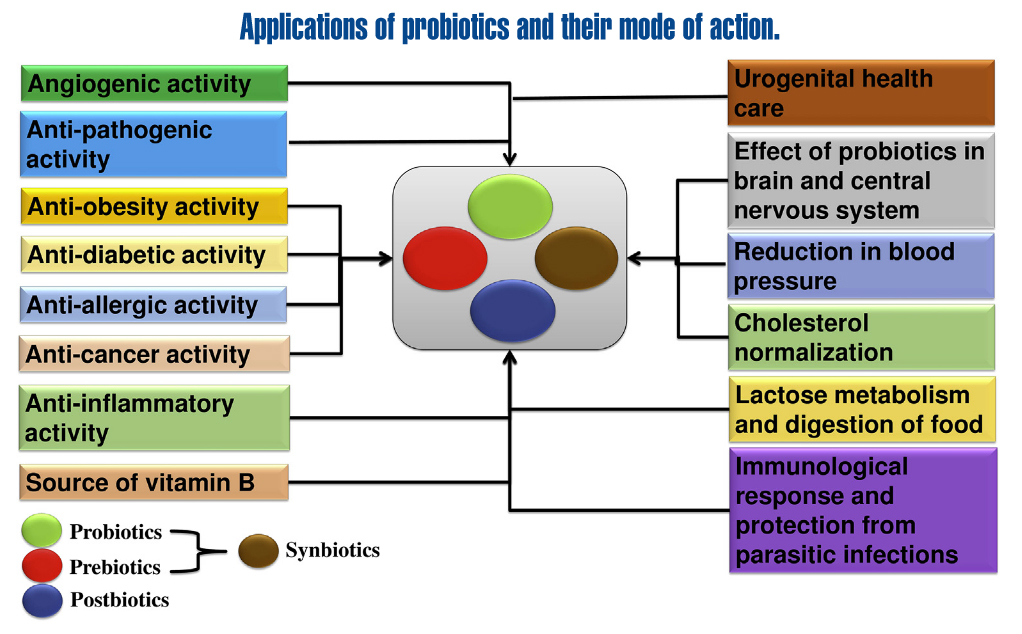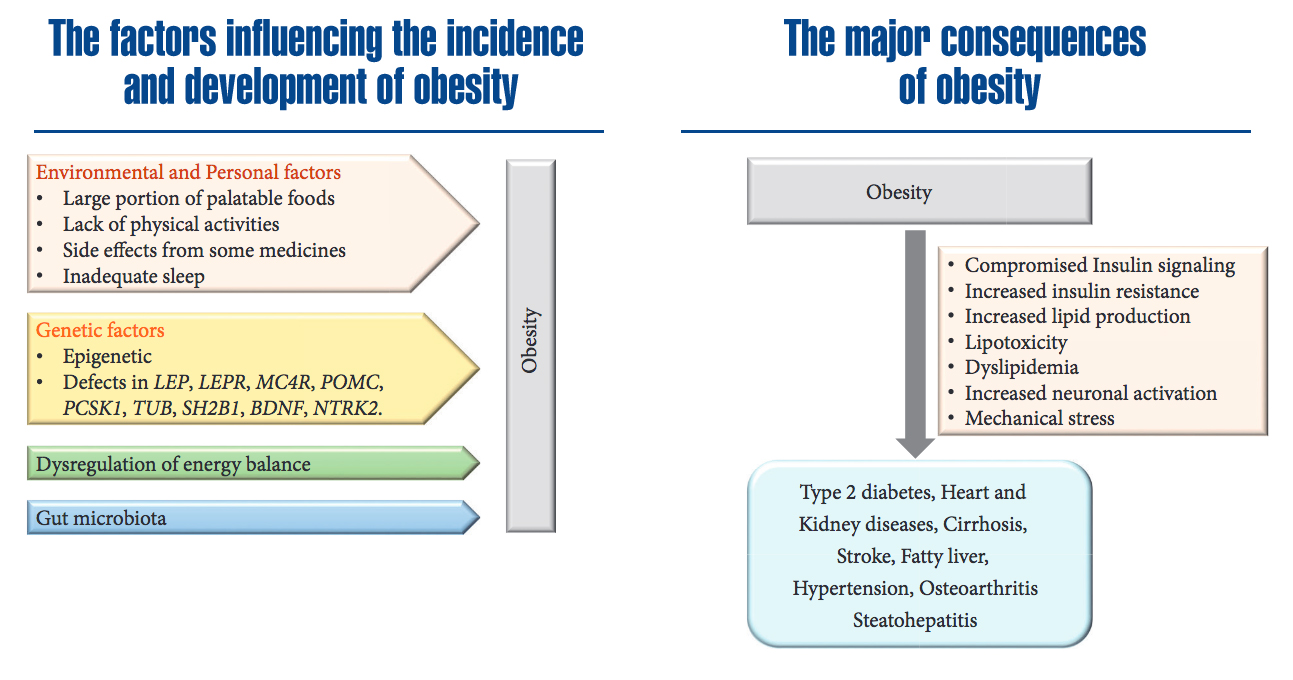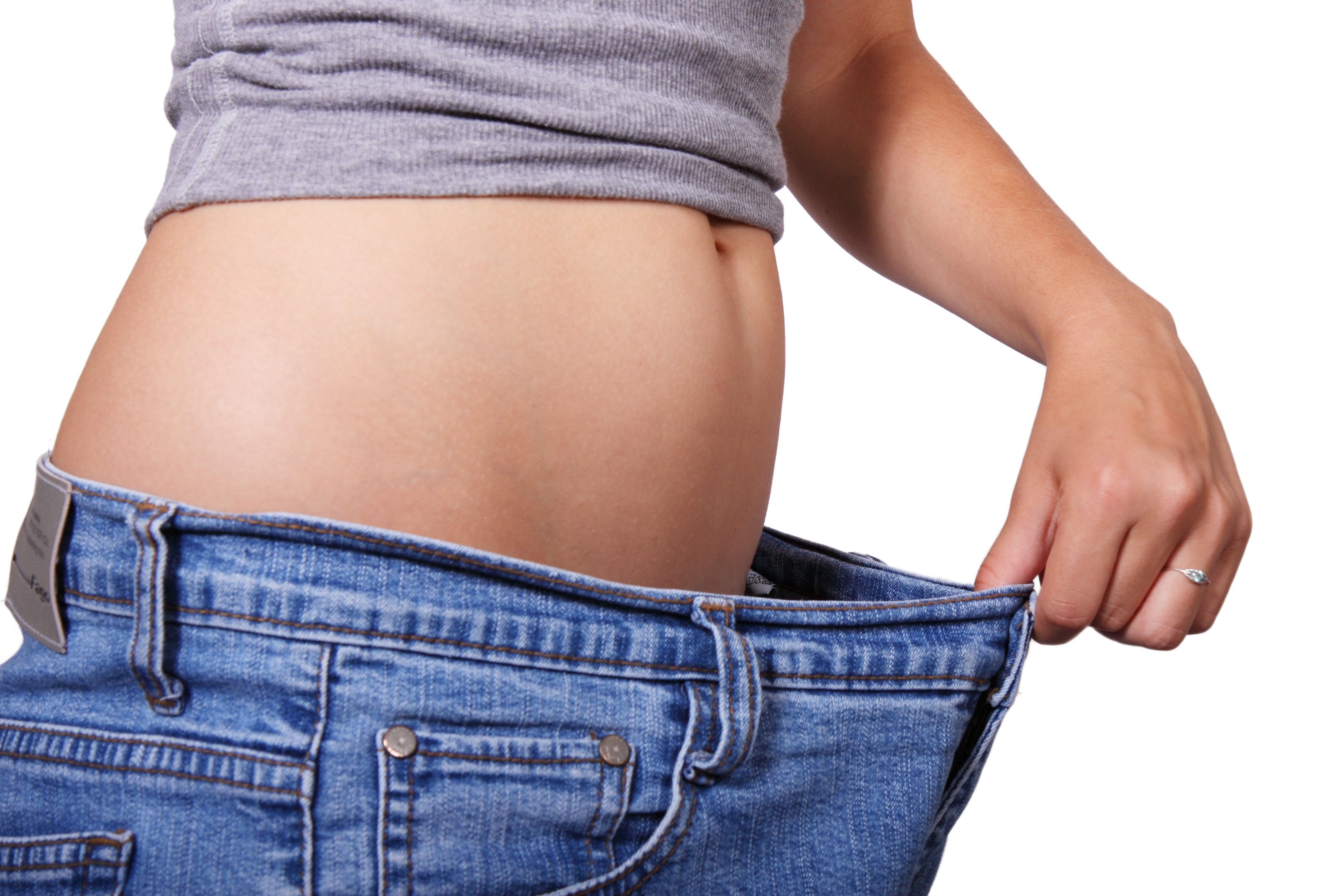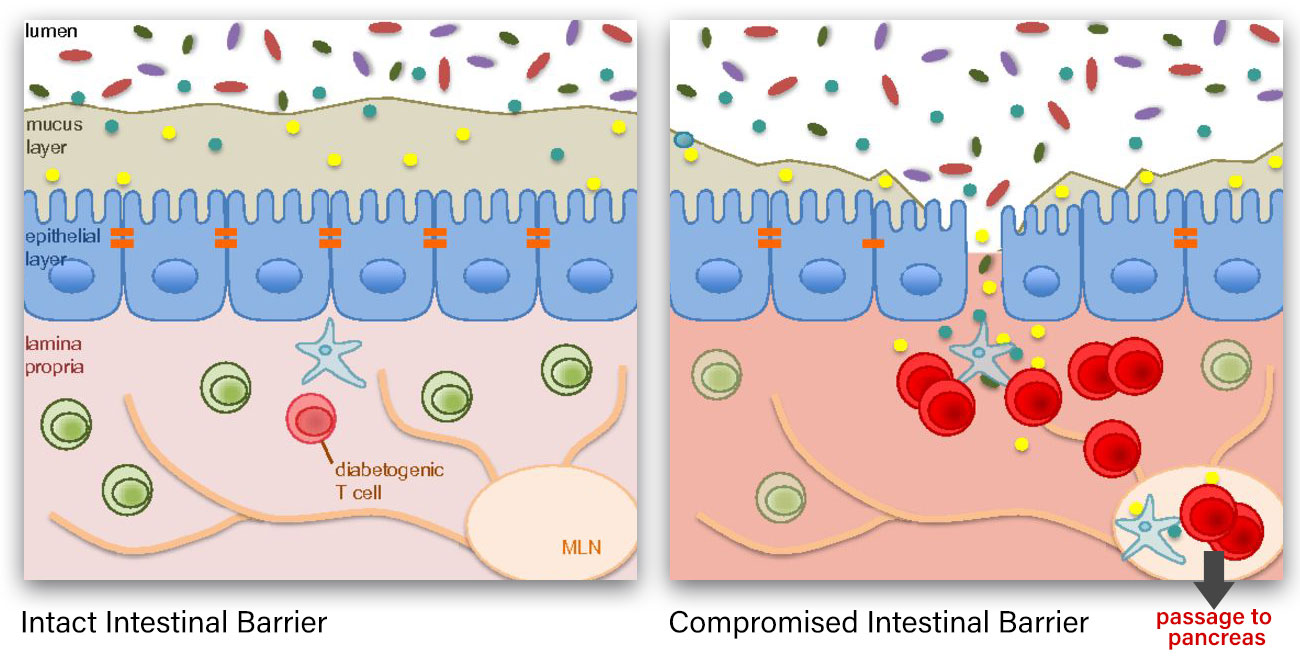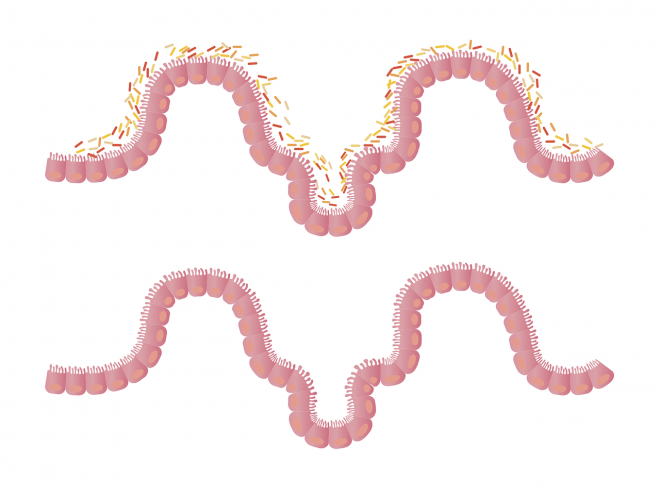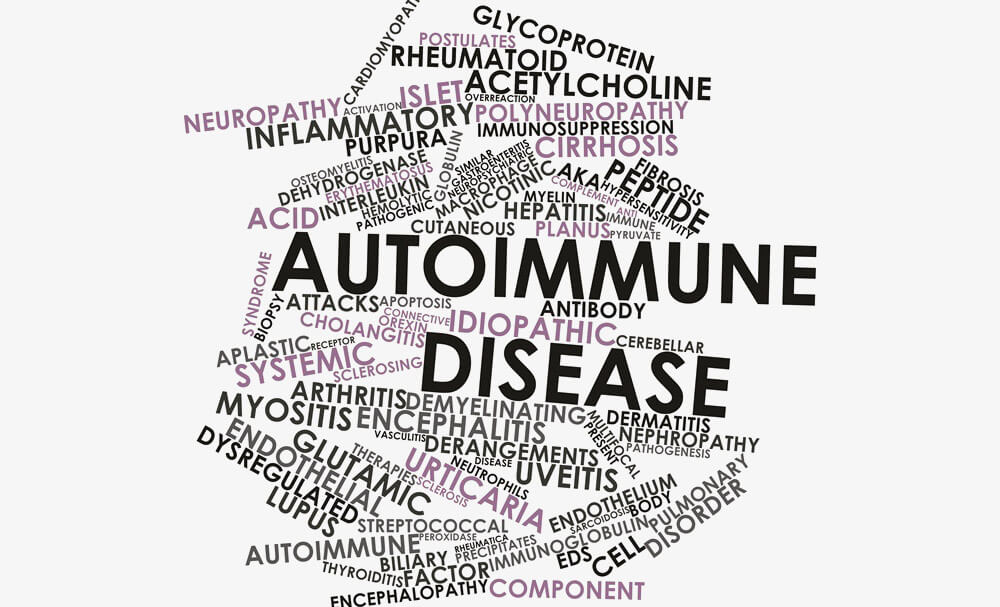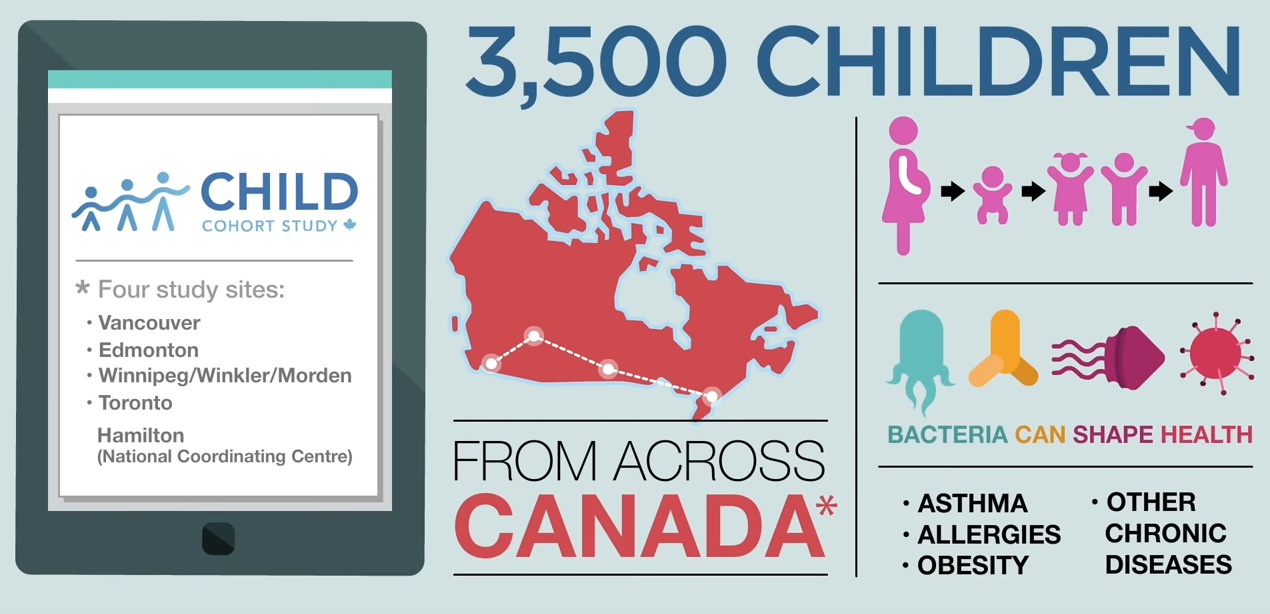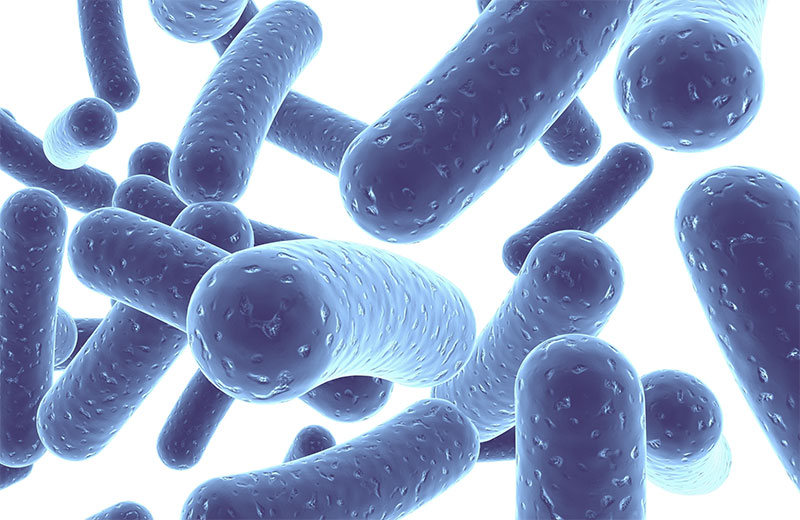Humans are a unique reservoir of heterogeneous and vivacious group of microbes, whichtogether forms the human-microbiome superorganism. Human gut serves as a home toover 100e1000 microbial species, which primarily modulate the host internal environmentan
Rout George Kerrya, Jayanta Kuma,
January 30, 2020
Koichiro Wada,
January 30, 2020
The composition of the gut microbiome changes with host’s age. According to the existing notion, our embryo is sterile; however, presence of microbes in semen, placenta, amniotic fluid, umbilical cord blood, and meconium contests this hypothesis and suggests colonization of the fetus in utero. The mode of delivery and the choice of diet (breast milk or formula milk) after birth influence the colonization process in the newborn. With age, introduction to solid food brings in additional complexity to the immature, less complex microbiome.
Parag Kundu,
October 25, 2019
Divya Ramaswamy ,
October 17, 2019
Kaia Roman,
August 29, 2019
Jamie Eske,
August 29, 2019
Seema Prasad,
August 29, 2019
////////////////////////////////////////////////////////////////////////////////////////////////////
Dave Osborn,
August 27, 2019
Custom Probitoics
This interesting video presentation shows how the composition of a baby’s gut bacteria influence childhood health.
Harry Bronozian,
August 15, 2019
Probiotics are really good for you especially if you are a first timer. Your guts (intestines) are lined with trillions of bacteria. Most of the time this bacteria is good and essential for you digestion. With our western diet being so poor most people often have poor bacteria in their guts.
The medical name given to the bacteria in your guts is called 'gut flora'.
Harry Bronozian,
August 23, 2018

